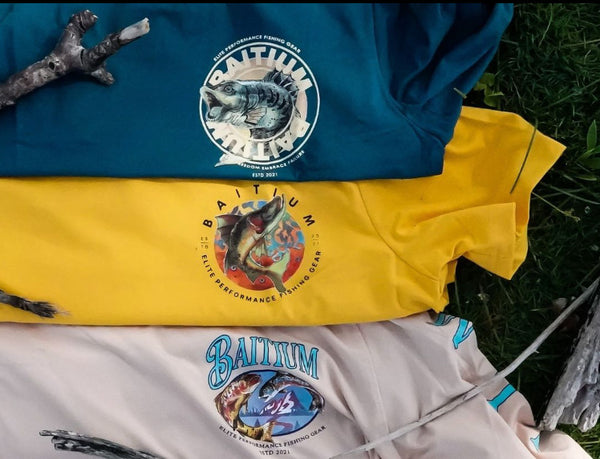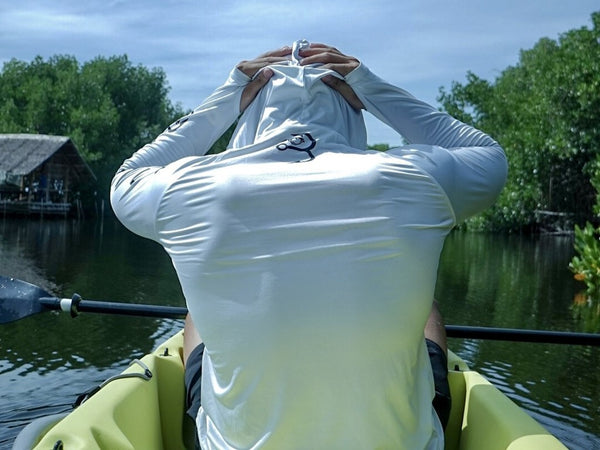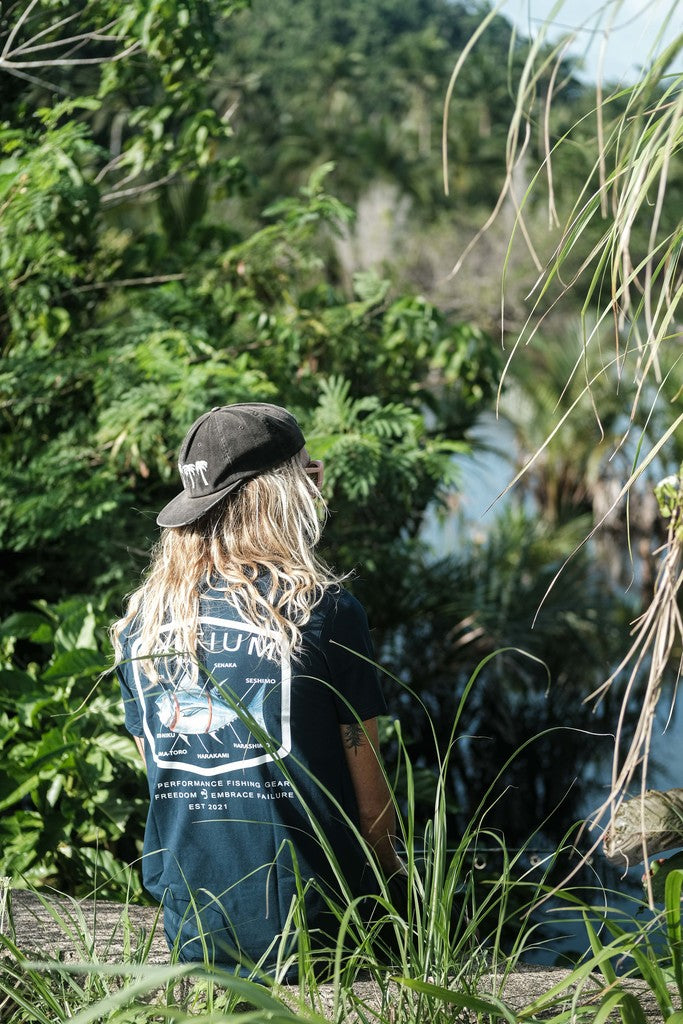Table of Contents
Hey there, fishing buddies! New to freshwater fishing or leveling up your skills? I've got great tips to help you catch amazing species like bass, trout, and salmon! For me, freshwater fishing is uniquely charming, thanks to its accessibility, diverse fish species, and affordable gear. Perfect for beginners or budget-conscious anglers, it offers a quiet escape from daily life. Whether you're fishing in ponds, lakes, or rivers, it's a fantastic way to unwind and experience the thrill of the catch. So grab your gear, and let's hit the water!
Time and weather patterns
Timing is everything when it comes to fishing. Fish are generally more active during low-light conditions, so early morning and late afternoon are prime fishing times. Overcast days can also be great for fishing, as fish tend to venture out and be more active when there's less direct sunlight. If you like fishing at night, we have a guide for that, as well.

Finding the perfect freshwater fishing spot
Look for areas with structure, like submerged logs, rocks, or drop-offs, as these tend to attract fish. Bassmaster provides a great resource on this topic, discussing structure and cover, plus detailed tips on how to fish channel drop-offs, points, humps, roadbeds, and flats, if you’re interested.
Meanwhile, pay attention to areas with moving water, such as inlets, outlets, and underwater currents. Fish often gather in these spots to feed on smaller fish and insects that are carried along by the water.
Matching lure to water color
The color of your lure can make a big difference in your success. In clear water, choose natural, subtle colors that closely resemble the fish's prey. In murky or stained water, opt for brighter, more contrasting colors that will stand out and grab the fish's attention.
Earlier, we discussed the hotly debated question among anglers: do red hooks catch more fish? If you're interested in learning more about this topic, follow the link.

Use the right gear
Use a rod, reel, and line that suit your preferred type of fishing. For example, if you're targeting bass, a medium-heavy rod with a fast action is ideal. Don't forget to match your line weight and type to your target species and the cover you'll be fishing in. Check out our guide on this for more in-depth tips!
Dress appropriately
Wearing the right clothing can make a big difference in your overall fishing experience. It's a good idea to dress in layers so you can easily adjust to changing weather conditions. To stay comfortable, go for sun-protective, moisture-wicking and quick-drying materials. Feel free to visit our shop, where you'll find a variety of options, including T-shirts, long-sleeve shirts, and hoodies.
Be stealthy
Fish are easily spooked, so approach your fishing spot quietly and avoid casting a shadow on the water. When possible, use a longer rod or cast farther away to keep your distance from your target. Before making your first cast, take a moment to watch the water and look for signs of fish activity, like jumping fish, birds diving, or ripples. This will give you a better understanding of where the fish may be and help you plan your approach more effectively.
Want to know about whether talking scares fish? Check out this post by Angler Gabe.
Patience is key
Fishing is often as much about the journey as it is about the catch, and patience plays a significant role in the overall experience. Whether you're new to the sport or a seasoned angler, it's important to remember that success isn't always immediate. Keep trying, and remember that even the most experienced anglers have slow days. Also, keep in mind that fish behavior can change depending on factors like weather, time of day, and water conditions. Be prepared to adjust your approach and try different tactics if your initial plan isn't working.
To Wrap Up
Freshwater fishing is a fun and exciting activity for everyone, whether you're a beginner or an experienced angler. To enhance your fishing adventure and improve your chances of success, think about the best time to fish, find good fishing spots, choose the right lure color, use the right equipment, wear suitable clothes, be quiet around fish, and remember to be patient. Lastly, be open to learning: the more you know about your target species, their habits, and the local water conditions, the better your chances of success.
Enjoy your time on the water, and tight lines, my friends!
Want to learn the differences between freshwater and saltwater fish? We’ve got you covered!
Also, check out the top baitfish for freshwater fishing, and our blog for more fishing guides, updates, and debates!
MOST READ NEWS:
How To Use Your Fishing Records to Catch More Fish
Track your fishing trips, analyze patterns, and refine your techniques with a fishing log to catch more fish on every outing!
Solo Fishing Safety Tips: Stay Safe and Enjoy the Outdoors
Learn essential solo fishing safety tips: gear checklist, boat safety, emergency preparedness, weather monitoring & fishing location scouting. Stay safe on the water.
Secrets to Winter Fly Fishing Success
Master winter fly fishing with expert tips on trout behavior, essential gear, and proven techniques. Learn the secrets to catching more fish in cold weather.
How Cold Water Changes Fish Behavior: Insights for Anglers
Explore how cold water affects fish behavior and fishing techniques, enhancing your angling success and strategy.
Is Tech Making Fishing Too Easy? Exploring Forward-Facing Sonar (FFS)
Learn about forward facing sonar in fishing - what it is, how it works, rules for tournaments, ethics, and tips for finding fish with this game-changing technology.
Plan Your Best Fishing Trip Yet this 2025: A Complete Guide
Plan your fishing trip this off-season. Learn to choose destinations, prep gear, pick bait, and trust Baitium for expert tools and tips!
15 Fishing Resolutions for 2025: Set Yourself Up for Success
Discover 15 essential fishing resolutions for 2025: tackle organization, gear maintenance, angling techniques, conservation tips, tournament prep, and fishing safety guidelines.


